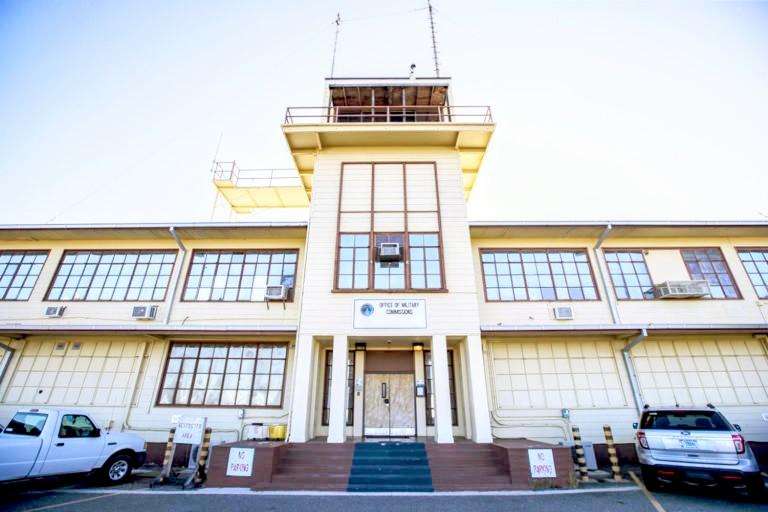Ukrainian President Volodymyr Zelenskyy has accused former U.S. President Donald Trump of operating within a "disinformation space," as tensions between the two leaders escalate amid early efforts to negotiate an end to Russia's three-year-long full-scale invasion of Ukraine.
Zelenskyy suggested that Trump's recent criticisms were influenced, at least in part, by "disinformation" originating from Russia, adding, "We have evidence."
Trump, without providing any proof, labeled Zelenskyy a "dictator without elections" and falsely claimed the Ukrainian leader’s approval rating was as low as 4%. He also warned on Truth Social that Zelenskyy "better move fast or he is not going to have a country left."
Trump’s remarks align with a key narrative from the Kremlin, which has sought to portray Zelenskyy as an "illegitimate" leader unfit for peace negotiations. Ukraine was due to hold presidential elections in 2024, but they were postponed due to the ongoing war. The Ukrainian constitution prohibits elections under martial law, which has been in place since Russia’s full-scale invasion in February 2022.
Russian President Vladimir Putin has used this delay as a political weapon, arguing that Zelenskyy has no authority to sign agreements. In January, Putin declared that negotiations with Zelenskyy were meaningless because he was "illegitimate," and in May, he insisted that only Ukraine’s parliament and its speaker retained legitimacy.
Despite this, Trump has echoed the Kremlin’s call for elections in Ukraine. "That’s not a Russia thing," Trump said. "That’s something coming from me and many other countries also."
Fact Check: Zelenskyy's approval rating is over 50%, not 4%, as Trump claimed.
Trump’s remarks were met with enthusiasm in Moscow. Former Russian President Dmitry Medvedev, a close ally of Putin, praised Trump’s stance. "If you'd told me three months ago that these were the words of a U.S. president, I would have laughed out loud," Medvedev posted on X, calling Trump "200 percent right" and referring to Zelenskyy as a "bankrupt clown."
Russia’s ambassador to the U.K., Andrei Kelin, also welcomed the shift, stating, "For the first time, they are not simply dismissing this as Russian propaganda and disinformation. They are listening to us."
Trump further suggested that Ukraine’s longstanding desire to join NATO was a major factor in Russia’s 2022 invasion—another position closely mirroring Moscow’s rhetoric. Russian Foreign Minister Sergei Lavrov praised Trump as the only Western leader to publicly acknowledge NATO’s role in the crisis.
Like Russian officials, Trump and some of his allies have portrayed Zelenskyy as an obstacle to peace. Vice President JD Vance criticized Zelenskyy’s recent comments about Trump, calling them "atrocious," and emphasized that the U.S. wants the war to end quickly. "That is the policy of the President of the United States," Vance said. "It is not based on Russian disinformation."
Meanwhile, Trump ally Steve Bannon declared that Zelenskyy was "finished" and suggested he had lost the ability to influence negotiations. "If he agrees to Russia’s terms, he will be welcome, but he no longer has the power to dictate them," Bannon told Italy’s La Repubblica newspaper.
Russian officials have echoed these sentiments, portraying Kyiv as the main roadblock to peace. Rodion Miroshnik, an envoy for Russia’s Foreign Ministry, accused Ukraine of "doing everything possible to prevent dialogue and block any political or diplomatic resolution."
European leaders have expressed concern over Trump’s statements and their alignment with Russian narratives. British Prime Minister Keir Starmer reaffirmed his support for Zelenskyy as Ukraine’s democratically elected leader, noting that suspending elections during wartime is reasonable, just as the U.K. did during World War II.
German Chancellor Olaf Scholz also dismissed claims about Zelenskyy’s legitimacy, calling them "simply wrong and dangerous."
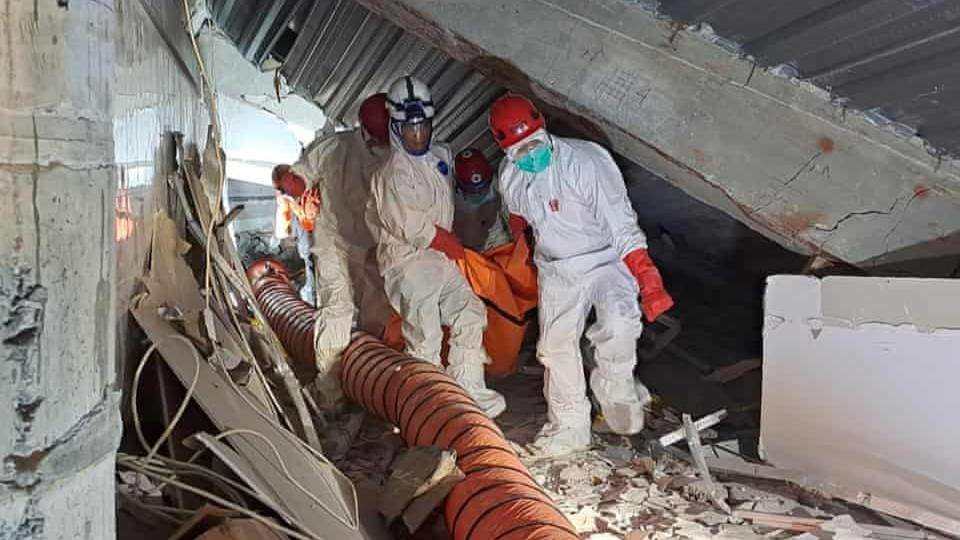
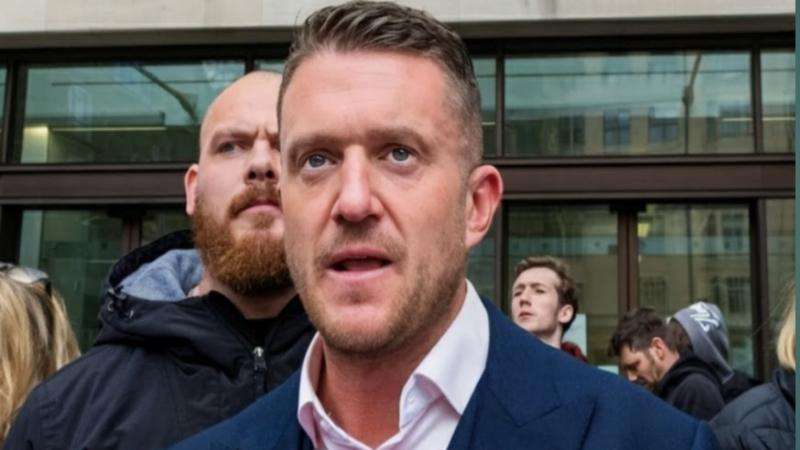
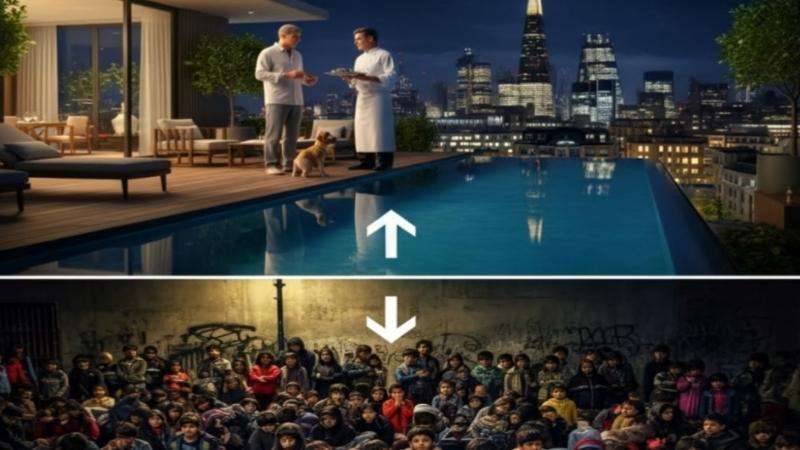

_2.jpg)


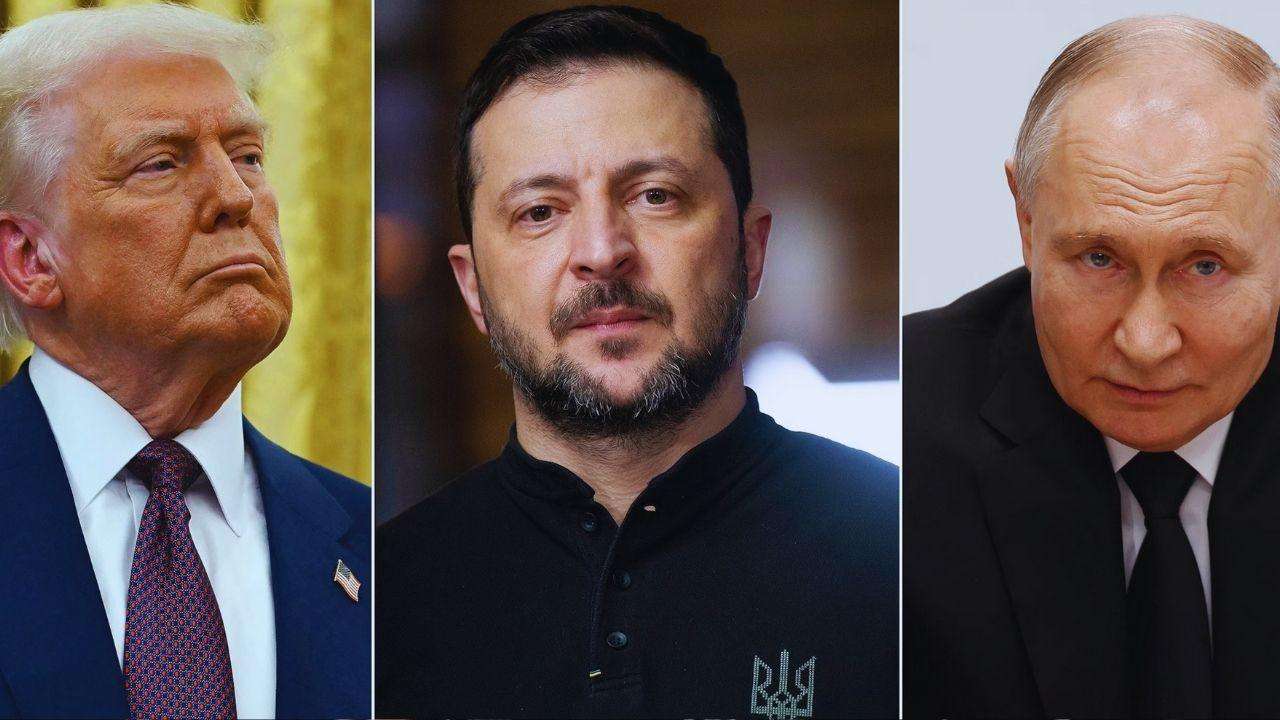
.svg)

